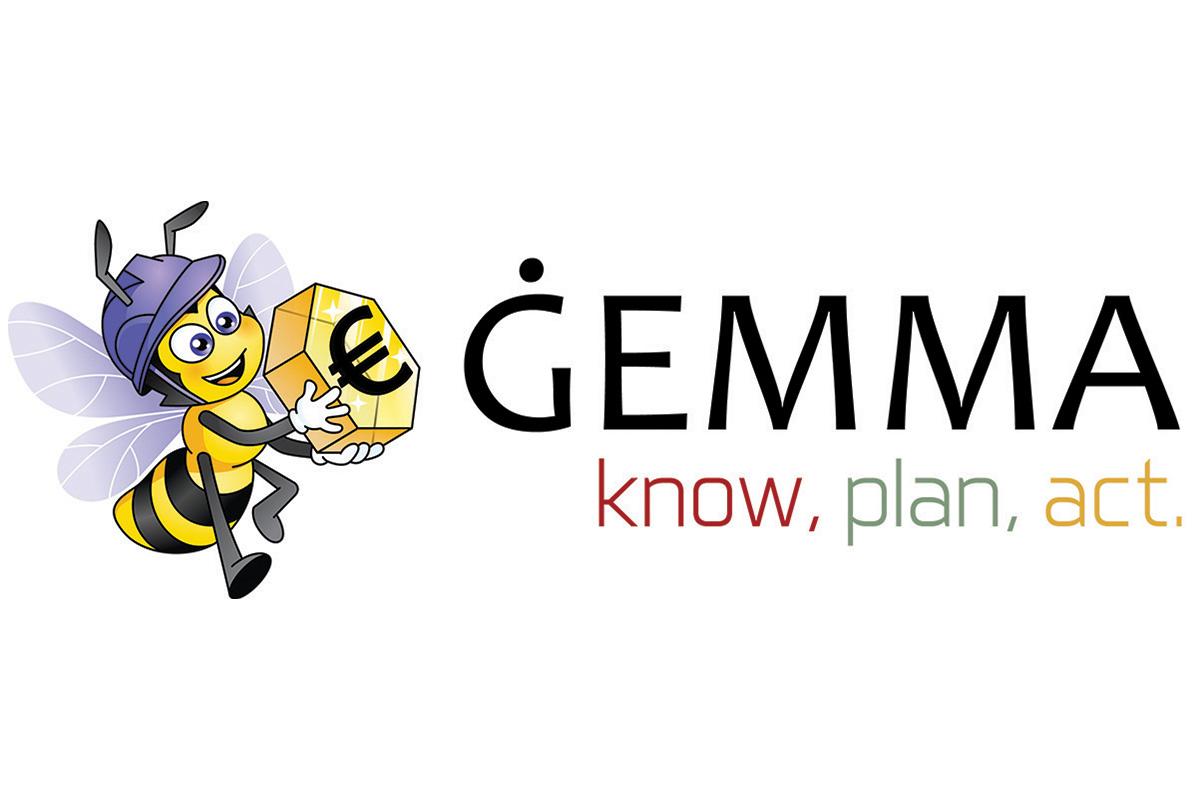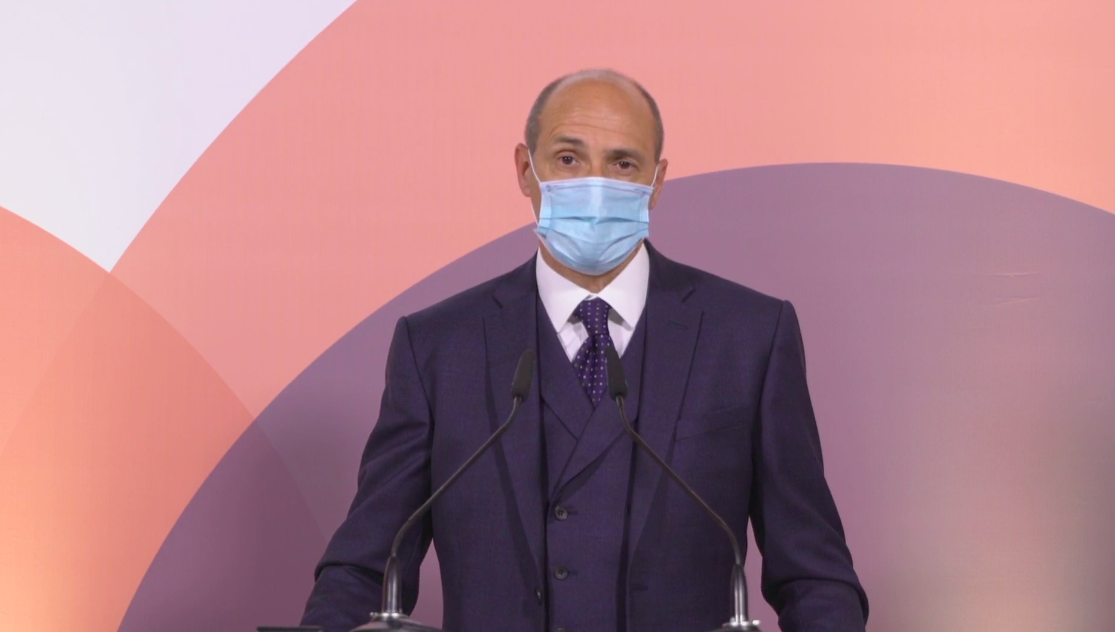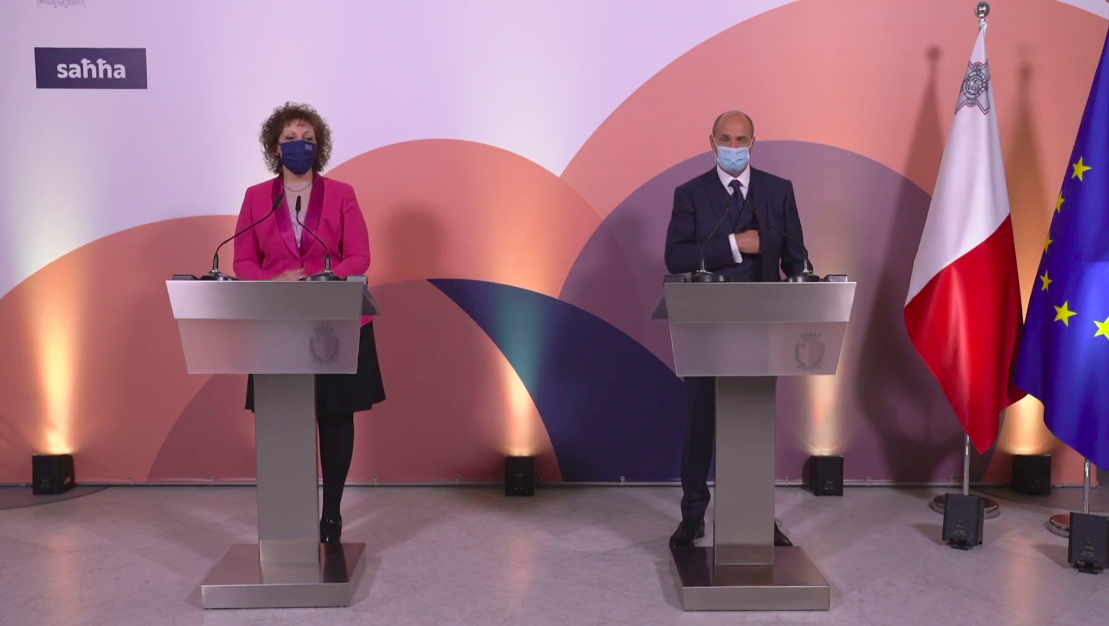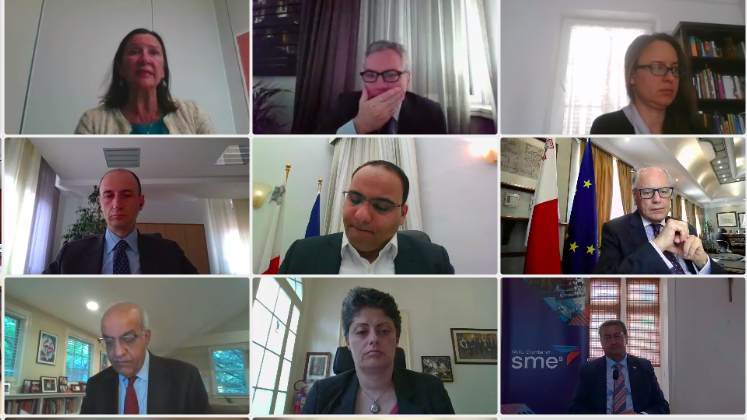The importance of saving and investing for your retirement

It is very likely that during your life you will experience many changes at different stages that will impact your wealth. You will journey from a student to employment to, possibly, getting married and bringing up a family, to retirement. These different life changes are referred to as life events or life cycle events.
During this journey there are times where you will invest – in your education, in a house, in your children; you will consume – buy your first car, experience the world; and you will save – for many reasons ranging from the need to buy a new car to building a retirement nest egg.
Of these cycles two are significantly important. The first is the need to understand the importance of saving and / or investing for your retirement. Are you aware of the income you will receive from your Social Security Pension? Does this fit in with your plans and the quality of life you want to have in retirement? If it does not, have you started to build your retirement savings nest egg so that you will live the life you desire when you retire?
Research in Malta and overseas shows that people have significant gaps in knowledge about retirement. In part this is because we, as human beings, tend to focus on the short term – we do not think long term. The consequences to you, however, can be dire if you do not integrate planning for retirement across your different life events journey.
Understanding the importance of planning for retirement alone, however, does not suffice. You need to also be financially literate so that you make sure that the savings and / or investments you accrue for different life events as well as for your retirement nest egg provide you with the rewards you wish to achieve. Yet do you understand the financial market? Do you know the risks involved when you decide – or for the matter do not decide – to save and / or invest in a financial product? Do you know your rights? Can you identify mis-selling? The consequences to you if you make such important decisions without understanding their impact is that you are likely to make a wrong decision. This may result in you losing part or most of savings and / or investment – with significant consequences on your quality of life particularly when you are close to retirement.
The Government is recognisant of the fact that whilst different stakeholders have embarked on retirement and financial capability initiatives these have been sporadic and not within the context of a coordinated approach.
In January 2017, following a national consultation process the Government launched the Strategy for Retirement and Financial Capability. The initiative was branded as ĠEMMA.
ĠEMMA is responsible for “coordinating and working with stakeholders to implement the actions presented in the Strategy” through the:
o Use of educational pathways to promulgate knowledge on retirement income and financial capacity.
o Provision of trusted and independent knowledge, education, and information to build and reinforce retirement and financial capability across the Maltese Society.
o Working in partnerships to strengthen the connections between all parties involved in retirement and financial capability.
ĠEMMA does not supplant excellent work that is being carried out by different private and government stakeholders with regard to financial capability. ĠEMMA seeks secure greater networking and synergy building across the different stakeholders, and together with stakeholders initiate activity to address gaps identified by the strategy.
Inculcating and reinforcing financial capability across the Maltese society is not only a government responsibility. It is a societal responsibility. The strategy will not be realised without the combined efforts of individuals, families, local communities, financial services providers, employers, labour organisations, businesses, NGOs, etc.
Indeed, all of the key actors are likely to benefit as a result of a strategy on retirement and financial capability that is underpinned by trust. If successful, people will be better informed of what their retirement income will constitute vis-a-vis their expectations, of improved decision-making on savings and investments, of reduced regulatory action and loss of trust in financial service providers due to mis-selling, fraud, and abuse.
Additionally, such an approach is more likely to result in a collaborative partnership that allows confidence to build as the parties work together, explore emerging trends, generate new ideas, and achieve better understanding of the challenges and issues faced by one another.











